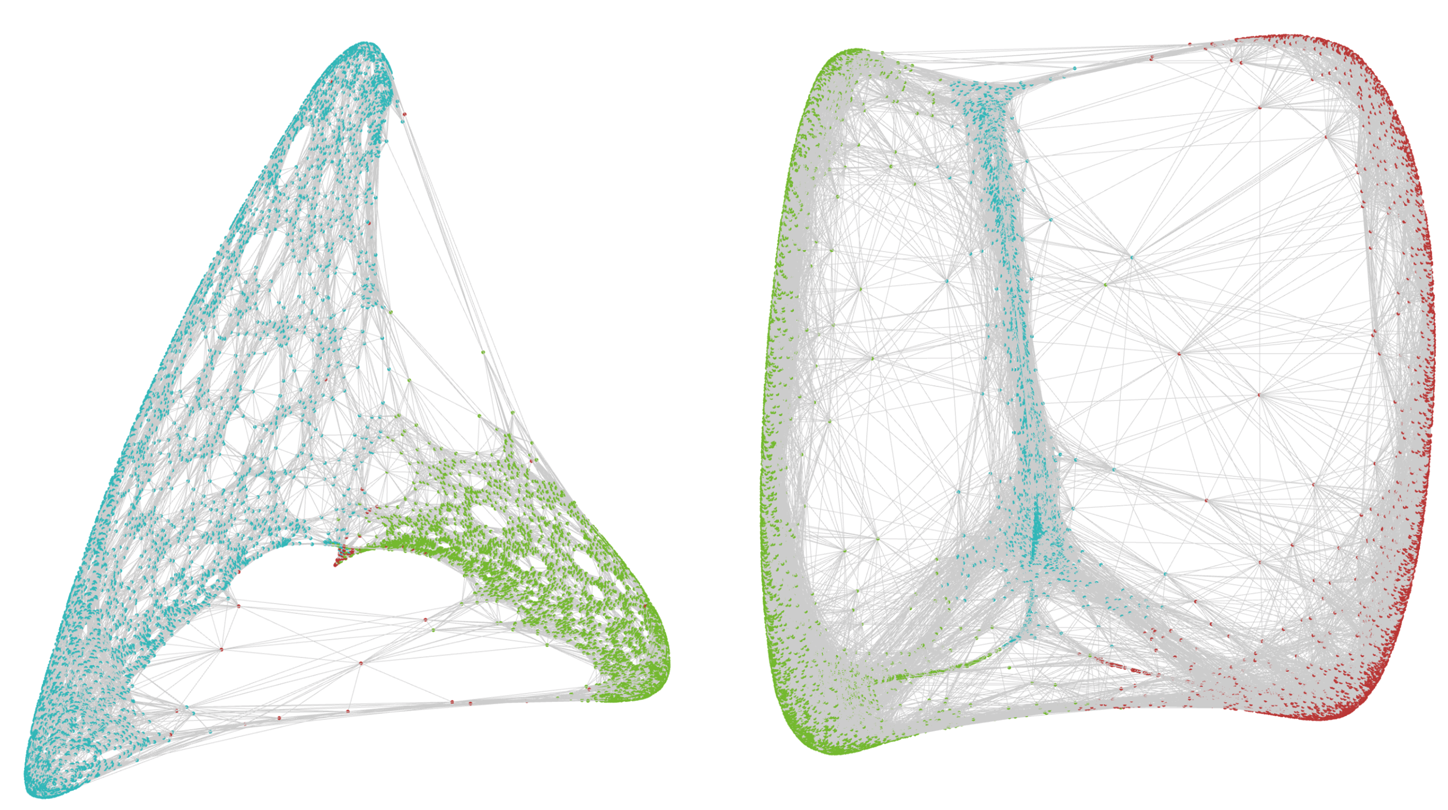ongoing project
CRISPR Off-Target Effects

Scientific Premise:
Developing computational approaches to reduce the oligonucleotide synthesis costs for off-target detection and bioinformatics pipelines for developing variant-aware guide libraries.
Motivation:
CRISPR has emerged as a powerful and revolutionary tool for genome editing with both diagnostic and therapeutic implications. Genome editing is accomplished through the in silico design of a guide RNA (gRNA) derived from the target sequence, which is bound to a Cas-enzyme that will cleave the target sequence. However, the target sequence may not be unique to the target site, which can cause a guide to target many sites across the genome, where unintended cutting can result in unintended genomic modifications. Our lab, in collaboration with the Hayden Lab, aims to detect these off-target effects to understand their specificity profile and design guides with maximal specificity to maximize the impact of CRISPR-based diagnostics and therapeutics. Of current interest are developing computational approaches which can minimize the fiscal costs for synthesis of off-target oligos.